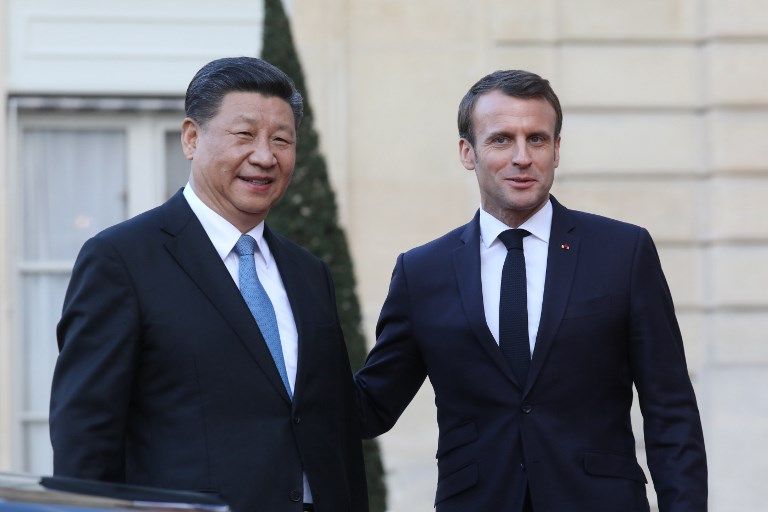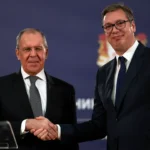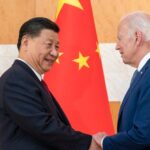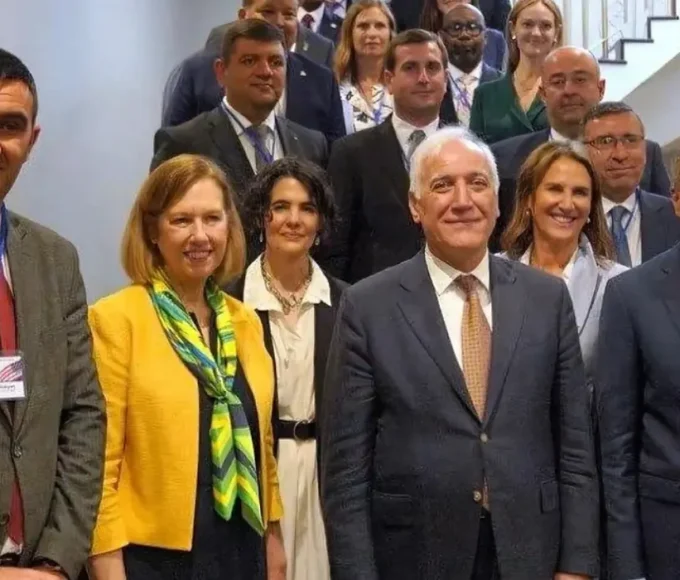Atlantico: Xi Jinping ended his European tour this Friday, May 10, 2024. He was welcomed in France between May 5 and 7, then in Serbia and Hungary in particular. What lessons can we learn from this visit to European soil?
Emmanuel Lincot: This visit confirms the division of Europeans among themselves. The Chinese humiliated the French by making the sixtieth anniversary a now marginal event. Before even setting foot in Paris, Xi Jinping gave an interview to Le Figaro and said that the Chinese valued our country’s cosmetics and agri-food industry. In other words, you French are not that important. Besides, I showed it to you by receiving Olaf Scholz in Beijing a few days earlier and then by going to Serbia and Hungary. It allows Beijing to acknowledge the fact that we are entering another historical cycle; the precedent having greatly highlighted the Franco-Chinese relationship, as did Xi’s predecessors. Beijing now fervently commemorates the twenty-fifth anniversary of the NATO bombing of the Chinese embassy in Belgrade (1999) and reminds Viktor Orban that Beijing established relations with Budapest seventy-five years ago ( compared to sixty with France). In other words, it is with an Eastern and pro-Chinese Europe that Beijing now intends to develop its relations. Including action: in Brussels and Paris to now sanction countries which do not respect us and which favor a significant adversary.
The Chinese president, during his visit to Hungary and Central Europe, did not fail to praise the “friendly policy” of Prime Minister Viktor Orban as well as Chinese cooperation with Hungary. A position which contrasts in particular with the commercial disputes which may be maintained with the rest of the Union. What game is Xi Jinping playing?
He knows that Brussels is making inconsistent choices (such as financing the construction of factories that will manufacture Chinese electric motors) and contrary to our interests. So he sticks his neck out and invests in Hungary. Internationally, he plays the Serbia card and supports Belgrade’s position on the non-recognition of Kosovo, in return for support from Belgrade on the positions defended by Beijing in the China Sea. Serbia is also cultivating its relationship with Moscow and thus comforting Beijing in its choice to strengthen the Russian-Chinese duopoly, in Europe itself. All this is known to our leaders and deserves to adopt a much firmer speech and actions towards European countries which opt for a policy very far from that implemented by Brussels with regard to China.
Who, ultimately, will have had the most to gain from this visit?
Brussels is not emerging from this any better and what is certain is that the economic war will intensify with China. This failure must encourage Europeans to rebuild the hard core of decision-making countries within the Union. The European Union is a victim of the tyranny of small states whose choices are not compatible with our interests. As for our relations with China, they will be undermined by the Chinese industrial offensive and an accentuation of the Russian-Ukrainian conflict, the extension of which is not unrelated to China’s attitude.
Can we still consolidate Sino-European relations in a lasting and profound way, when we know the significant points of disagreement that may exist regarding the Ukrainian question or the Union’s desire to introduce customs duties on certain Chinese products? How to proceed ?
The Chinese are brutal. Our voluntary servitude in their eyes is synonymous with weakness. We must be tough and take all kinds of retaliatory measures that are unfavorable to them. Our survival depends on it. We must also develop guerrilla diplomacy, an expression that I have already used in your columns, to compete with China where it does not expect it: Central Asia and other peripheral regions of China. But we must be bold and responsive in appointing seasoned and pugnacious people to positions of command, which is not always the case.
This article is originally published on atlantico.fr








